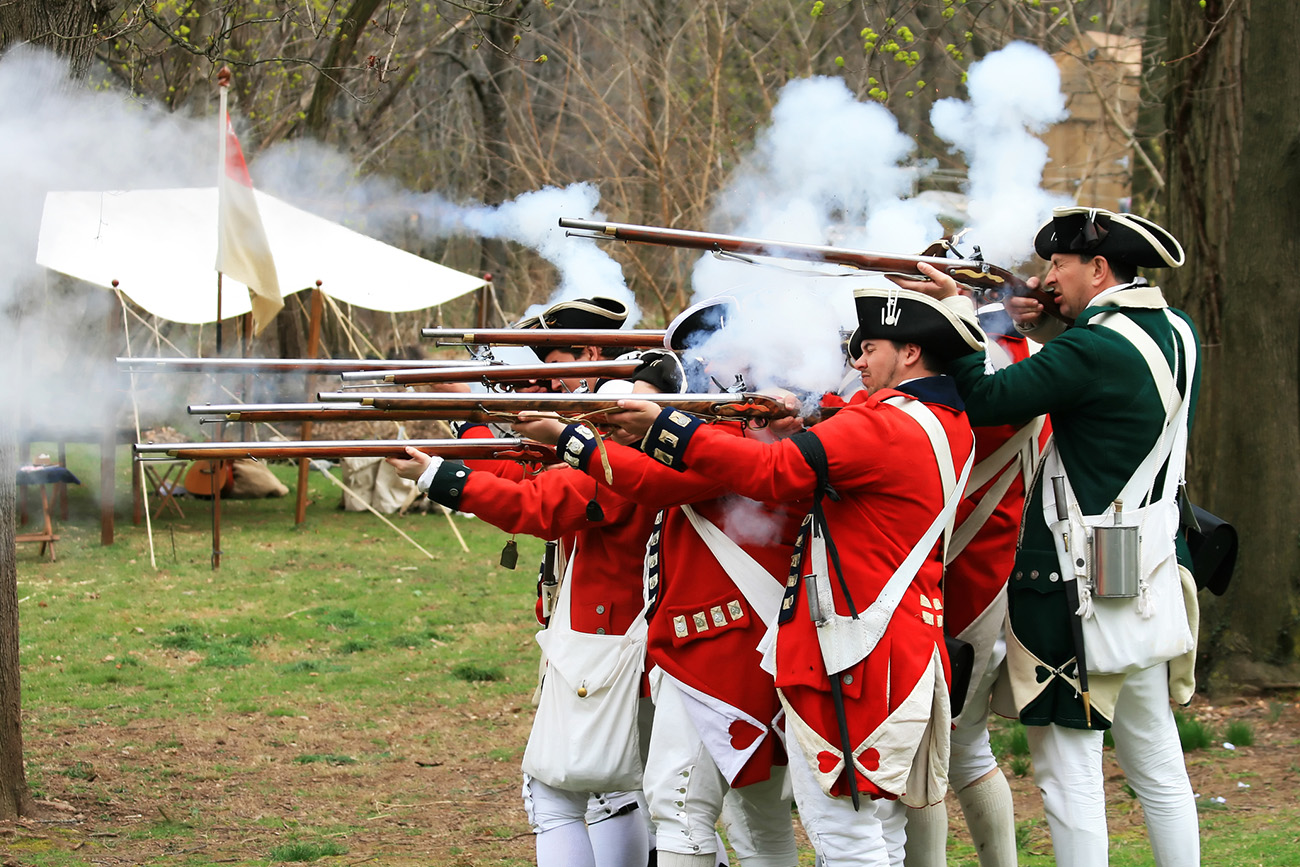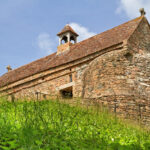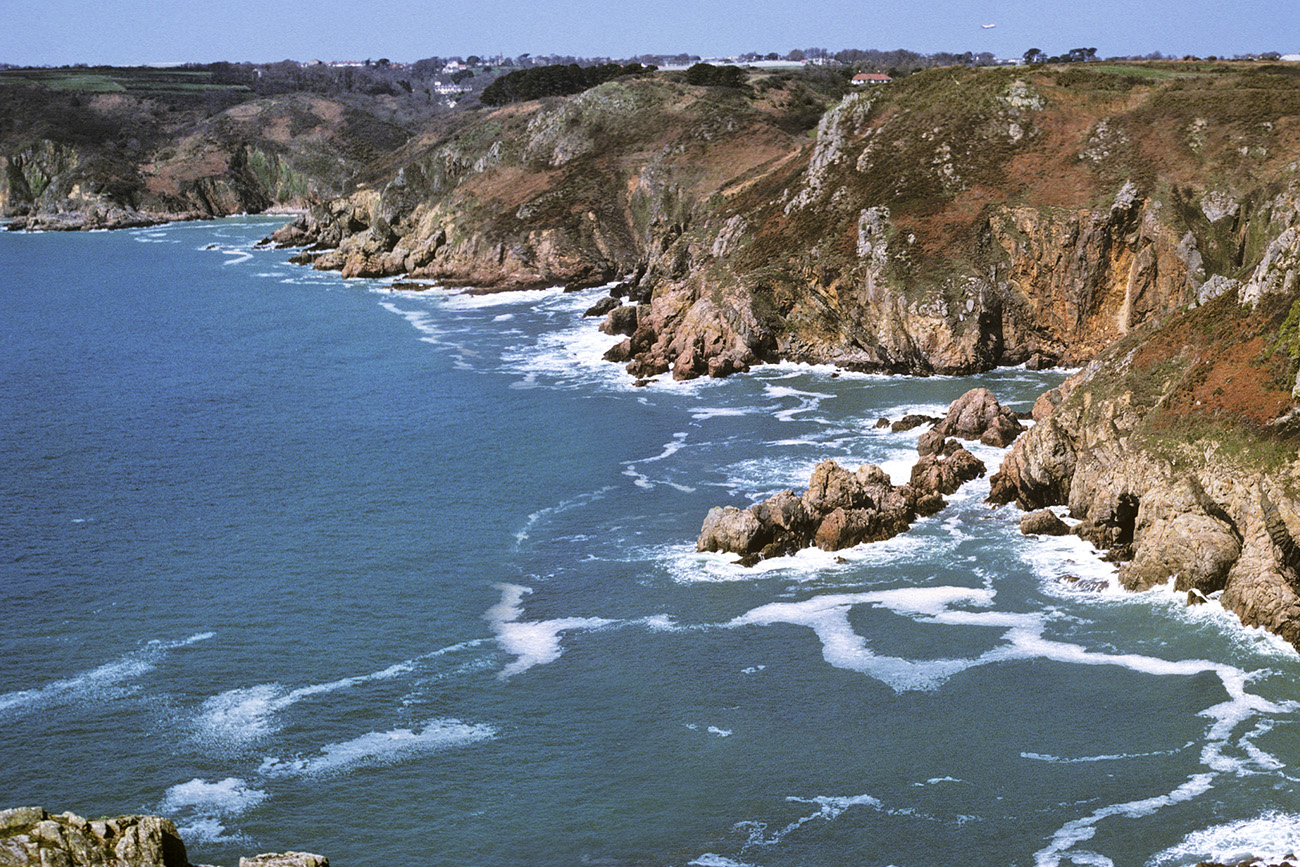
The 18th century was a turbulent time in Europe, marked by power struggles between major powers such as Britain and France. The rivalry between these countries often spilled over into their colonies and territories, including the Channel Islands.
The threat of conflict loomed large, leading to increased hostilities in the region, with both sides preparing for a potential confrontation. Both sides engaged in covert operations to gather intelligence and prepare for the impending conflict. Spies and informants played a crucial role in shaping the strategies of both the British and French forces.
Behind the scenes, political and diplomatic manoeuvring influenced the course of events, secret alliances, double-crossing, and shifting loyalties added layers of complexity to the already tense situation.
Jersey held significant importance for both British and French forces, due to its strategic location and control over the island would provide a vital advantage in securing dominance.
There were initial skirmishes and engagements between British and French forces and these early clashes set the stage for the intense conflict that was to come.
The Battle of Jersey took place on January 6, 1781, during the American Revolutionary War. French forces launched a surprise attack on the British garrison stationed on the island of Jersey, seeking to wrest control of this strategic outpost.
The French forces, under the command of Baron Philippe de Rullecourt – involved a surprise night attack to catch the British defenders off guard. Their military prowess posed a significant threat to the British presence on the island.
During the battle, both British and French forces executed tactical manoeuvrers to outmanoeuvre their opponents and gain strategic advantages on the battlefield. The outcome of these movements would ultimately determine the fate of the Battle of Jersey.
The British forces in Jersey were well-trained and well-equipped, representing the might of the British Empire. Their presence on the island was crucial for maintaining control over the region.
Despite being outnumbered, the British defenders, led by Major Francis Peirson, put up a valiant resistance against the French invaders. Major Peirson- a young and promising officer was tasked to defend part of the island and the British strategy focused on fortifying key locations and preparing for a potential attack.
The British focused on defence and fortifications, while the French employed a more aggressive and clandestine approach.
The battle raged on the streets of St. Helier and resulted in significant casualties, with both Major Peirson and Baron de Rullecourt losing their lives in the heat of the conflict.
The Battle of Jersey had significant repercussions that reverberated throughout the region and beyond. The immediate consequences of the battle and its long-term effects shaped the course of history for Jersey and the surrounding areas.
Although the British protectors and the Jersey residents won this battle, the disruption caused by the conflict led to widespread hardship, with many residents facing challenges such as displacement, loss of livelihoods, and damage to property.
The Battle of Jersey is commemorated annually on the island, honouring the bravery of those who fought in defence of their home.
Would you like to explore more of the Channel Islands? Then don’t miss out on the following article: A must read guide to the Channel Islands





